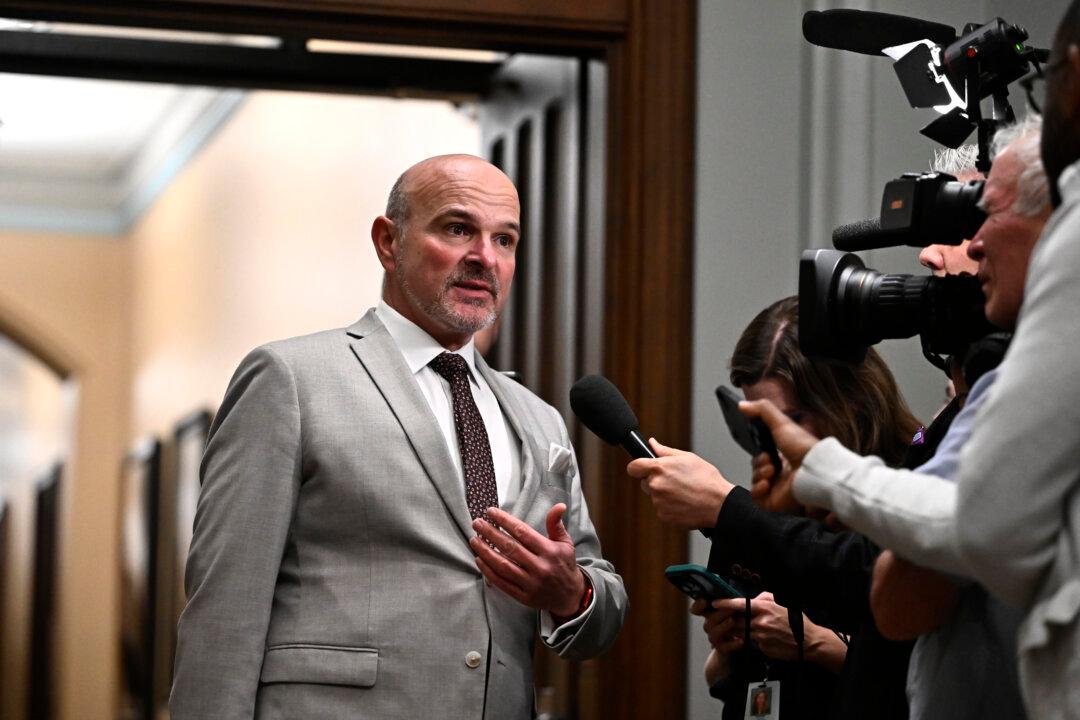Former cabinet minister Randy Boissonnault was under scrutiny about claims around his identity during his appearance at a parliamentary committee, including from an indigenous NDP MP who said his statements are “hard to believe.”
Boissonnault, who left cabinet last month to clear allegations levelled against him, appeared before the House of Commons indigenous and northern affairs committee on Dec. 5. The committee is conducting a study on barriers to indigenous economic development.





